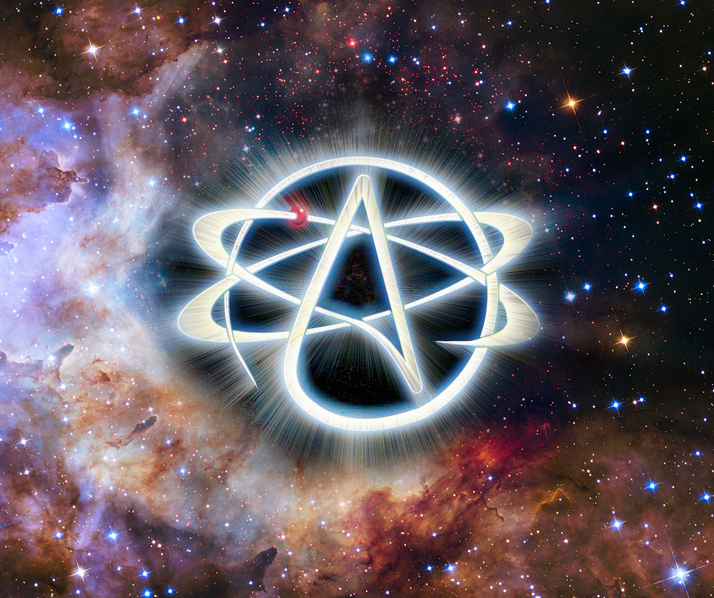
noun
- the doctrine that God is the transcendent reality of which the material universe and human beings are only manifestations: it involves a denial of God’s personality and expresses a tendency to identify God and nature.
- any religious belief or philosophical doctrine that identifies God with the universe.
noun
- the doctrine that God is the transcendent reality of which man, nature, and the material universe are manifestations
- any doctrine that regards God as identical with the material universe or the forces of nature
- readiness to worship all or a large number of gods
adj.1732, from pantheist + -ic. n.“belief that God and the universe are identical,” from pantheist (n.), which was coined (1705) by Irish deist John Toland (1670-1722), from Greek pan- “all” (see pan-) + theos “god” (see Thea). Toland’s word was borrowed into French, which from it formed panthéisme (1712) which returned to English as pantheism “the doctrine that all is god” in 1732 (no evidence that Toland used pantheism). Greek pantheios meant “common to all gods” (see pantheon). Other words used at various times for similar notions include panentheism, “philosophy founded on the notion that all things are in God” (1874), from German (1828), coined by Karl Christian Friedrich Krause (1781-1832). The belief that God, or a group of gods, is identical with the whole natural world; pantheism comes from Greek roots meaning “belief that everything is a god.”
 Liberal Dictionary English Dictionary
Liberal Dictionary English Dictionary